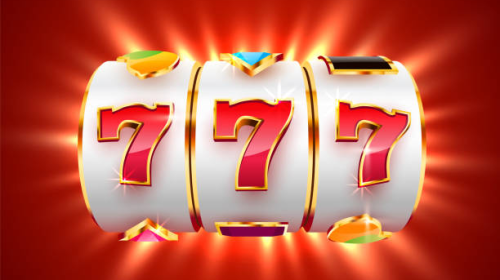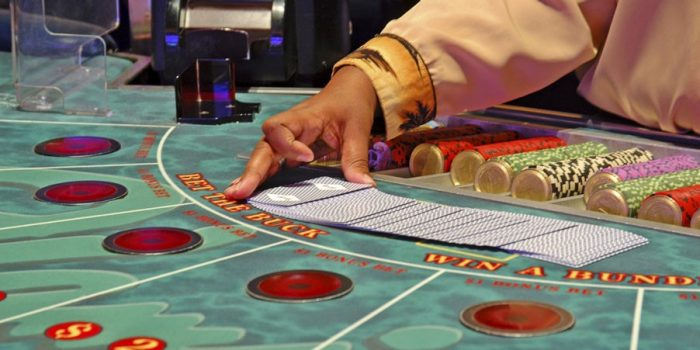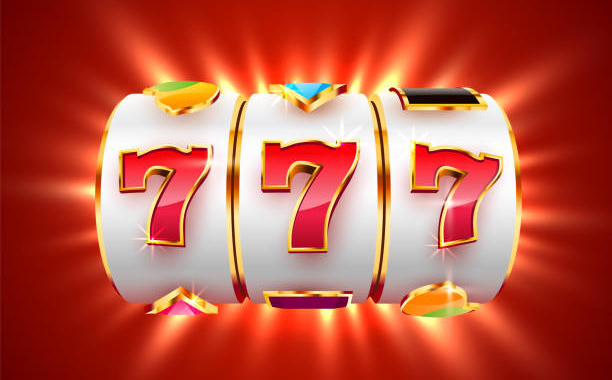
Photo by iStock from Pixabay
3 Important Things to Know When Bluffing in Poker
Bluffing in poker is one of the most incorrectly used aspects of most players’ poker games. They think bluffing is what they need most of the time, so they use it too much.
We’ll teach three things you should remember about bluffing in this guide. Remember these guidelines, and you won’t be recklessly bluffing anymore without cause or purpose.
Three Important Reminders When Bluffing in Poker
Choosing the Right Time
Is there ever a period when betting is more profitable? Are there circumstances in which you should try to avoid bluffing entirely in a Texas Holdem poker? Yup!
The more your opponent has to lose, the better the bluffing opportunity will be, is the general rule.
Consider the scenario when you all have a hundred times the big blind in the opening hand of the tournament. You have a lot of chips. Is now a good time to play a bluff? Most likely not, given that everyone has poker chips to spare.
Even if they call you down erroneously, an opponent will only lose a minor amount of their stack. What about the end of the competition, when it is just above the money line? Is now a good time to play a bluff? Indeed, it is.
Many players will be playing more cautiously to win more money. They’ll be so afraid of missing the bubble and receiving nothing that you may rob them completely.

The buy-in to the tournament and your opponent’s wealth significantly impact when to bluff. It’s generally not a good idea to try to run a bluff while you’re on the bubble in a $10 event against a billionaire.
It might be a good idea to bluff on the bubble if you’re competing in a $10k tournament against someone who won a satellite into the game.
Even though it may seem obvious, you’d be surprised at how many players would bluff because they “haven’t played a hand in a while” or “they haven’t bluffed in a while.” Bluff when the timing is right to do so.
Choosing the Right Opponent
We briefly mentioned this in the section above, but we wanted to go into more detail. Selecting the appropriate opponent to bluff against is even more crucial than choosing the right moment.
No matter how compelling a story you tell, you’ll get picked off if you don’t make the right decisions in a poker game.
What qualifies an opponent as an excellent bluffing target, then? Your opponent must buy into the story you are telling for your bluff to succeed. Your opponent will never accept your story (because they won’t grasp it) if they are not good poker hand readers or are too inexperienced to pay close attention to what you are showing.
Many amateur poker players focus solely on their own hands. Trying to run over an amateur opponent in this manner is worthless when an opponent has a strong hand.
They must be skilled enough to fold. The players won’t fold if they aren’t competent enough. Yes, it may seem like we’re rehashing old ground, but people continually attempt to deceive those who lack the common sense to fold their cards.
If a bad player is not the appropriate target, then it must be those that are skilled, right? Wrong again. Why, unless necessary, would you attempt to bluff an experienced player?

Great players shouldn’t be your primary targets, but it doesn’t mean you shouldn’t ever attempt to bluff them. You only prefer to pursue players like this if you don’t have access to other revenue sources. We don’t mind if we pick up chips at the poker table without picking on the big sharks.
Additionally, you must be sure that you are only bluffing opponents interested in the game.
The likelihood of the bluff succeeding is low if the person does not care about losing the money or if there is no money to lose. They’ll call you down immediately, without giving it a second thought, just to see what you have.
Check Your Image
Before you go and run a bluff, analyze your image. This move is the last piece of the puzzle. It might not be a good idea to run a wild bluff if the other players at the table think you are playing erratically.
You’re considerably more likely to get away with a bluff if the other players at the table believe you’re a tight player.
Poker players’ egos are so big that they can’t bear ever to feel cheated or taken advantage of. As a result, if others think you could be pushing them around, they will be more likely to call you out.
It would help if you also were mindful of who is paying attention at the table. You can safely assume that someone hasn’t judged you yet if a player makes an insane comment and no one is paying attention. If all of this seems like a lot to take in, that’s part of the fun!
Conclusion
Poker can be fun, but you must be serious in learning some strategies to win the game. You can bluff if you want, but these are only some reminders you must know.
You need to discover many other aspects of bluffing before fully mastering it. The more you play, the more you realize the things you need to know to be the best at the game.
Are you ready to try bluffing your opponents? Play poker at GGPoker, the world’s largest poker room, and see if they call your bluffs.
Sign up at GGPoker today!

























